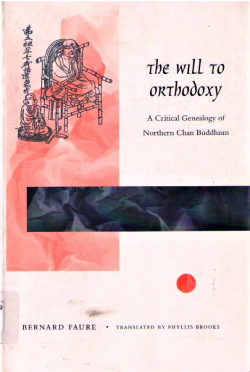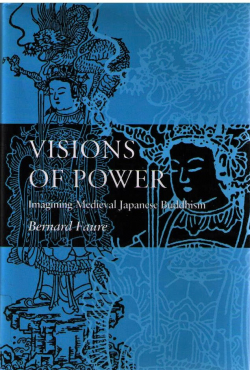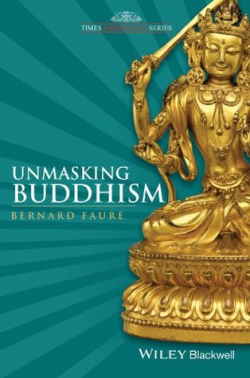Chan insights and oversights : an epistemological critique of the Chan tradition
Type
Book
Authors
ISBN 10
0691069484
Category
Publication Year
1993
Publisher
Subject
Knowledge, Theory of (Buddhism); Hermeneutics--Religious aspects--Zen Buddhism.; Zen Buddhism--Study and teaching.
Description
322 pages ; 25 cm; Chan as Secondary Orientalism --The Cultural "Encounter Dialogue" --Comparison, Counterpoint, Intertwining --Chan/Zen in the Western Imagination --Missionary Accounts --Buddhism and Quietism --Chan and Indian Mysticism --The Apostle Bodhidharma --Claudel and Buddhism --The Rise of Zen Orientalism --Suzuki's Zen --The Western Critics of Suzuki --Nishida and the Kyoto School --Rethinking Chan Historiography --Places and People --The Rise of Chan Historiography in Japan --The Cost of Objectivism --The Teleological Fallacy --Writing Chan History --Alternatives --The Structural Approach --The Hermeneutic Approach --Toward a Performative Scholarship --Space and Place --Chan and Local Spirits --From Place to Space --Chan In-sights and Di-visions --Times and Tides --Conflicting Models --Dogen and His Times --The Ritualization of Time --Chan and Language: Fair and Unfair Games --On the Way to Language --Poetical Language in Chan --How to Do Things with the Koan --In-scribing/De-scribing Chan --A Qualified Anti-intellectualism --Chan Logocentrism --Orality in Chan --Chan as a Kind of Writing --Another Differend --Chan Rhetoric --The Paradoxes of Chan Individualism --The Western Configuration of the Self --Early Buddhist Conceptions --Chinese Conceptions --The Individual and Power --Solitaire/Solidaire.; For many people attracted to Eastern religions (particularly Zen Buddhism), Asia seems the source of all wisdom. As Bernard Faure examines the study of Chan/Zen from the standpoint of postmodern human sciences and literary criticism, he challenges this inversion of traditional "Orientalist" discourse: whether the Other is caricatured or idealized, ethnocentric premises marginalize important parts of Chan thought. Questioning the assumptions of "Easterners" as well, including those of the charismatic D.T. Suzuki, Faure demonstrates how both West and East have come to overlook significant components of a complex and elusive tradition. Throughout the book Faure reveals surprising hidden agendas in the modern enterprise of Chan studies and in Chan itself. After describing how Jesuit missionaries brought Chan to the West, he shows how the prejudices they engendered were influenced by the sectarian constraints of Sino-Japanese discourse. He then assesses structural, hermeneutical, and performative ways of looking at Chan, analyzes the relationship of Chan and local religion, and discusses Chan concepts of temporality, language, writing, and the self. Read alone or with its companion volume, The Rhetoric of Immediacy, this work offers a critical introduction not only to Chinese and Japanese Buddhism but also to "theory" in the human sciences. --Publisher description.;
Biblio Notes
26974460
Number of Copies
1
| Library | Accession No | Call No | Copy No | Edition | Location | Availability |
|---|---|---|---|---|---|---|
| Main | 99005805 | BQ4440.F38 | 1 | Yes |



